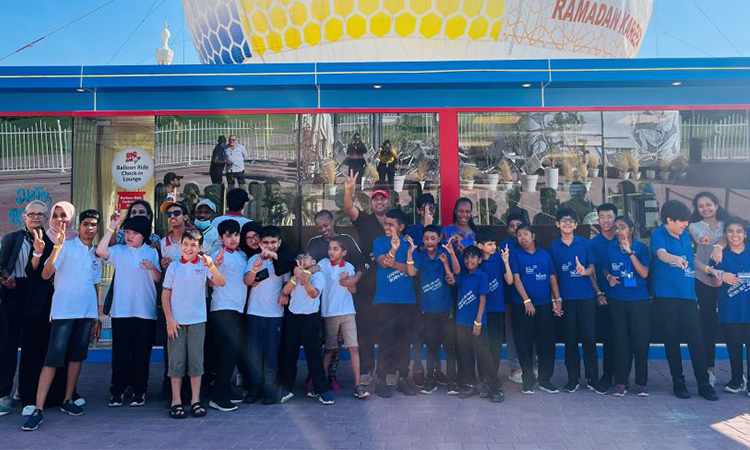Experiential learning and VR will reshape the future of education
- Date: 23-May-2022
- Source: World Economic Forum
- Sector:Education
- Country:Middle East
Experiential learning and VR will reshape the future of education
Methods of education have not kept pace with advances in technology but the imperative of change is becoming more apparent.
Virtual reality (VR) is being adopted more readily as the gains of experiential learning is being realised.
VR is making education less conventional and advancing K-12, higher education and vocational training.
Education is the foundation of a strong economy. It increases human capital, drives productivity and boosts economic output.
For individuals, education paves the way to acquire new skills, develop critical thinking and analytical know-how, contribute to economic welfare, develop a sense of purpose and shape one's career. Therefore, its impact on individuals, societies, governments and the world is undeniable. Yet methods to educate people have not always kept pace with technological developments. That said, change is imminent and will come faster over the next decade.
In fact, advancements have already been visible during the COVID-19 pandemic when governments were forced to close the doors of schools and universities worldwide for weeks at a time. The United Nations Educational, Scientific and Cultural Organization (UNESCO) supported the global education sector with digital tools, programmes and resources to ensure continuity of learning. Other countries around the world rolled out online






















